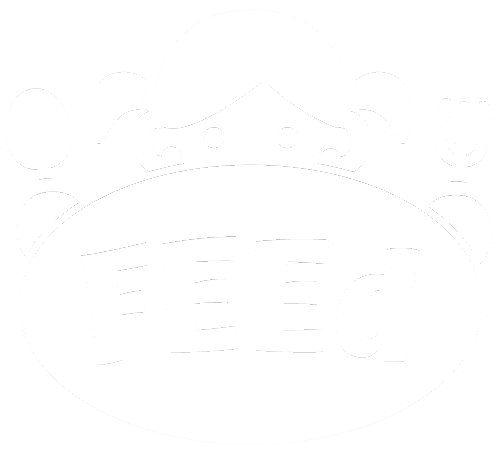grant support
More PEAS Please! Bridging the Gap Between Preschool and K-12 Learning Environments
National Institute General Medical Sciences (NIGMS) Science Education Partnership Award $1,332,774
The proposed research project aims to develop, evaluate, and disseminate PEAS (Preschool Education in Applied Sciences), an innovative multi-component professional development program that will focus on building a stronger preschool STEM educator workforce. Strengthening the preschool educator workforce will build teachers’ science teaching knowledge, science teaching interest, and science teaching efficacy; improve the quality of early STEM experiences for underrepresented minority children; improve children’s science knowledge and development of language within the context of healthy living; and ultimately feed the STEM pipeline with individuals prepared for careers in the health sciences. Over the course of the program, we will impact over 350 teachers and 3,400 children with hands-on, inquiry-based science learning, with thousands of additional children reached through teachers who continue implementing the PEAS approach in subsequent years.
Examining Head Start Teachers’ Experiences with Health Eating and Physical Activity
ECU Engagement Outreach Scholarship Academy
$5,000
In collaboration with Health/Nutrition Coordinators partners from local Head Start organizations (Choanoke Area Development Association, Inc. and Greene Lamp, Inc.), the goal of this EOSA (Engagement of Scholarship Academy) project is to identify effective teacher education strategies aimed at improving personal knowledge/health behaviors, and promotion of positive healthy eating and physical activity messages to the children and families they serve. The primary objective of the EOSA research is to examine the barriers, motivators, and facilitators Head Start teachers’ experience when attempting to: (1) improve their personal healthy eating and physical activity; and (2) promote healthy eating and physical activity in their classrooms. Data will be collected using in-depth, semi-structured telephone interviews. Project activities will proceed through two primary phases January-June 2017. Data analysis and manuscript preparation/presentation will occur August 2017-May 2018.
Creating Advocates for Positive Health Behaviors among Low-Income, Low-Resource Head Start Families through Community-based Education & Engagement
ECU Office of Public Service and Community Relations
$1,500
The goal of this project is to implement, evaluate, and adapt/disseminate an evidence-based, hands-on nutrition and physical education program (Families Eating Smart and Moving More) for EFNEP (Expanded Food and Nutrition Education Program) to educate Head Start families on how to become an advocate for healthy eating and physical activity for their child(ren). Educational outreach will target the parent’s own knowledge, attitudes, and health behaviors in order to better equip them to model positive nutrition and physical activity behaviors to their young children (≤5 years). Building on the existing successful collaboration between East Carolina University’s Nutrition Department and NC State EFNEP, and acknowledging that collaborative organizational relationships that support healthy eating and physical activity are needed to help families sustain positive changes they make, we propose a collaborative project that addresses all levels of the socio-ecological model for health behavior change through partnership with Head Start in three Eastern NC counties.


